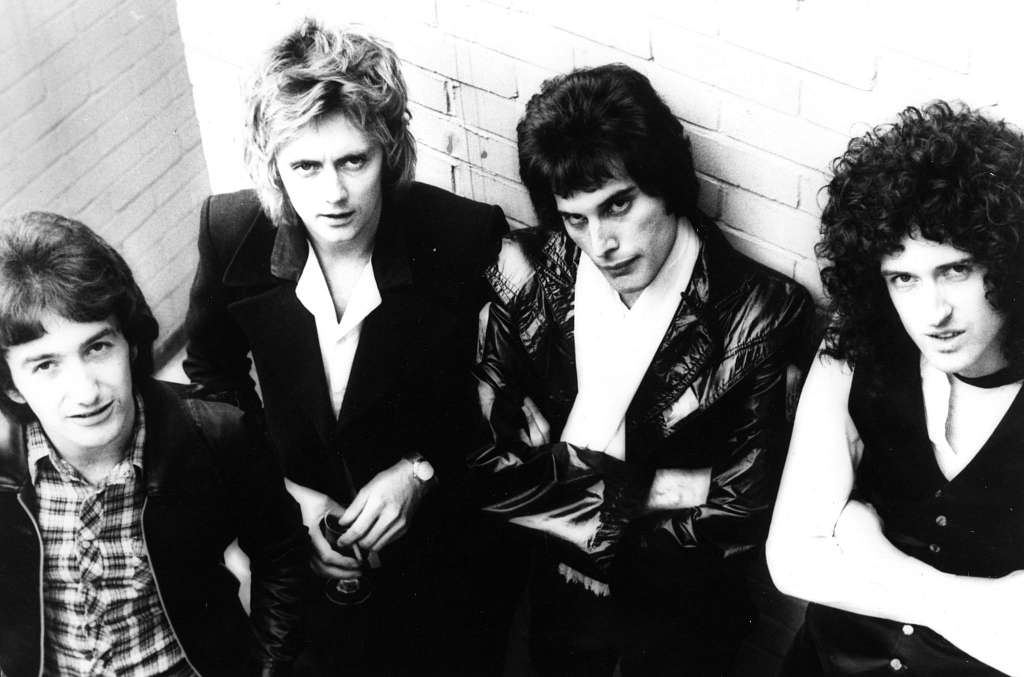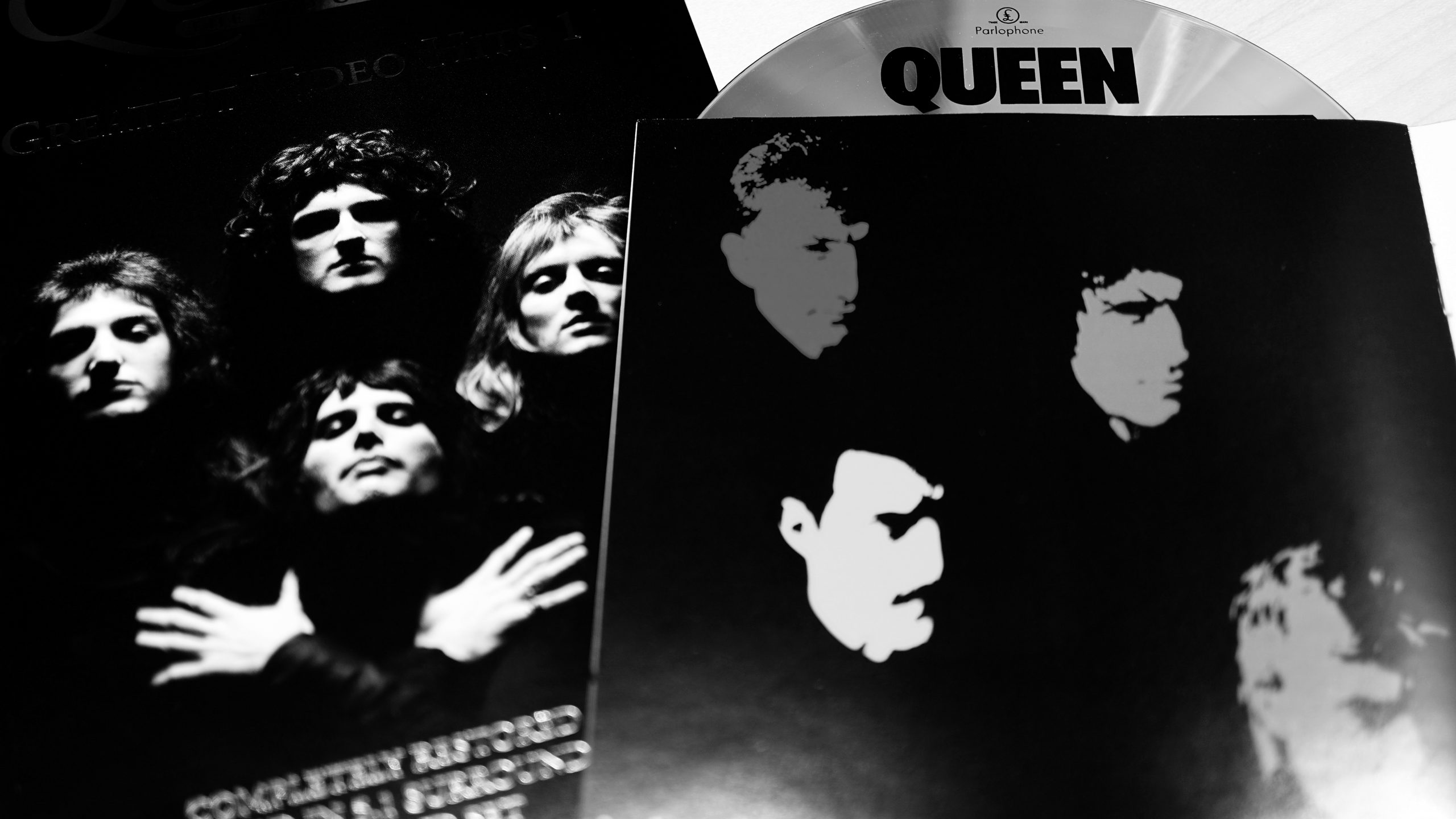On this day in 1976, Queen’s universally adored masterpiece, “Bohemian Rhapsody,” topped the UK charts for the first time, a rank it would maintain for nine weeks.
From that moment on, the song’s journey became the stuff of legend: it went on to top several European charts, spent 44 weeks over a span of 3 decades on the US Billboard Hot 100 chart, sold over 300 million albums worldwide and was inducted into the Grammy Hall of Fame in 2004. After the eponymous biopic broke the box office in 2018, the song became the most streamed track from the 20th century with 1.6 billion streams, according to Forbes.
This six-minute mini rock opera remains a timeless anthem that many still hum—or belt out—decades later.
Interestingly enough, the UK-based rock band fought tooth and nail to release the groundbreaking track in its iconic form. The length of the song (5 minutes and 55 seconds) prompted both producers and other musicians to confidently dismiss the idea of it ever being a hit. According to Rolling Stone, the band’s record label argued that Bohemian Rhapsody would never be played on the radio if it was over 3 minutes in length, which the song easily doubled.
Still, Queen went against their label and ingeniously popularized their song by having beloved entertainer Kenny Everett release teasers of the song on his show on Capital Radio for a fortnight. Audience interest intensified, eventually forcing the hand of Queen’s record label to release the full song.
Even by the standards of its era, “Bohemian Rhapsody” was a trailblazer, defying conventions and redefining musical boundaries.
Packed with vivid, imaginative language, the song’s eccentric lyrics reflect Freddie Mercury’s extraordinary artistry and genius as a lyricist. According to his bandmate Brian May, Mercury’s creative process for the track was famously chaotic, with bursts of piano playing interspersed with explanations of the operatic cues he envisioned.
After the song’s release, it received endless praise from other significant 70s pop and rock artists. “I was green with envy when I heard ‘Bohemian Rhapsody. It was a piece of sheer originality that took rock and pop away from the normal path,” ABBA’s Björn Ulvaeus told UDiscoverMusic.
In turn, David Bowie, a friend of Mercury and an occasional contributor to the band’s music, commented in an interview with Medium, “Of all the more theatrical rock performers, Freddie took it further than the rest… he took it over the edge. And of course, I always admired a man who wears tights. I only saw him in concert once and, as they say, he was definitely a man who could hold an audience in the palm of his hand.”
Bohemian Rhapsody returned to the No 1 spot on the UK charts in 1991 once again, for another five weeks, following Mercury’s death.




